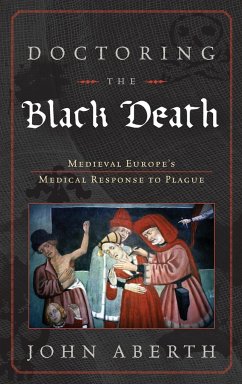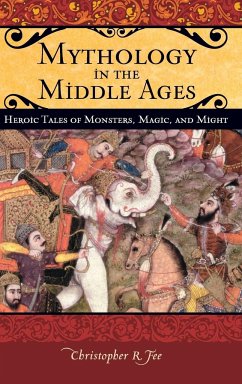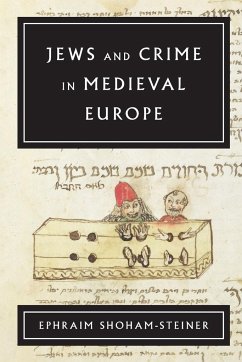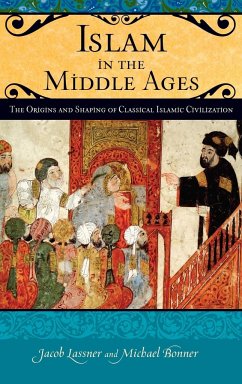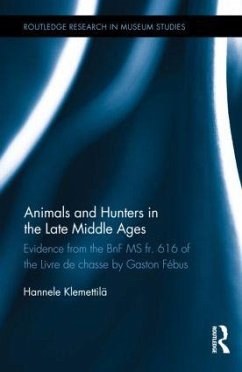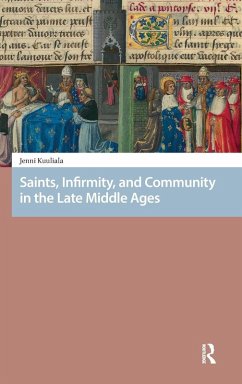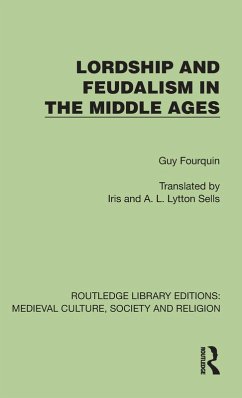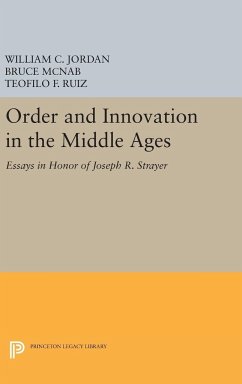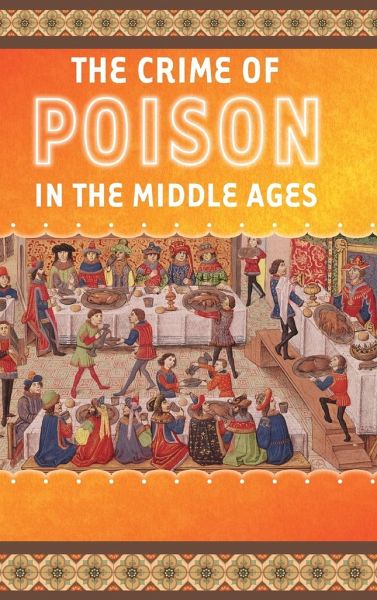
The Crime of Poison in the Middle Ages

PAYBACK Punkte
44 °P sammeln!
This book will lead readers into a medieval culture of ambition, greed, and jealousy that motivated men and women to take the lives of individuals who trusted them. Collard examines the perception of the crime of poisoning in the West in medieval times, from about 500 to 1500 AD, exploring the ways the alleged crime was perceived in contemporary minds. His primary sources are chronicles that cover the entire medieval period and legal texts that are limited to the late medieval centuries. In order to portray the culture of murder by poisoning in the West, it was necessary to take into account B...
This book will lead readers into a medieval culture of ambition, greed, and jealousy that motivated men and women to take the lives of individuals who trusted them. Collard examines the perception of the crime of poisoning in the West in medieval times, from about 500 to 1500 AD, exploring the ways the alleged crime was perceived in contemporary minds. His primary sources are chronicles that cover the entire medieval period and legal texts that are limited to the late medieval centuries. In order to portray the culture of murder by poisoning in the West, it was necessary to take into account Byzantine and Islamic documents as well as ancient texts such as the Scriptures and the writings of Roman historians, both of which were widely known in the Middle Ages. This book will lead readers into a medieval culture of ambition, greed, and jealousy that motivated men and women to take the lives of individuals who trusted them. In these pages, French medievalist Franck Collard examines the perception of the crime of poisoning in the West from about 500 to 1500. His primary sources of information are chronicles that cover the entire medieval period and legal texts that are limited to the late medieval centuries. In order to portray the culture of murder by poisoning in the West, he takes into account Byzantine and Islamic documents, as well as ancient texts such as the Scriptures and the writings of Roman historians, both of which were widely known in the Middle Ages. The resulting volume is concerned with the criminal actions that involve poison and not poison as such. Poisonous substances as such are described only when necessary for an understanding of a crime. What is important here is an examination of the ways the alleged crime was perceived in contemporary minds. Poisoning avoids the use of violence. It was committed without a drawn weapon or bloodshed in a world in which wounds, swords, knives, and clubs represented aggression and in which the flow of blood determined the gravity of the crime. Necessarily involving preparation and secrecy, it was often perpetrated treacherously during a meal, a particularly heinous act in a universe that was united by the companionship of a meal and the sociability of drinking. The special horror associated with poisoning resulted from the treachery of those close to the victim-and a sudden death that prevented a final confession of sins.





